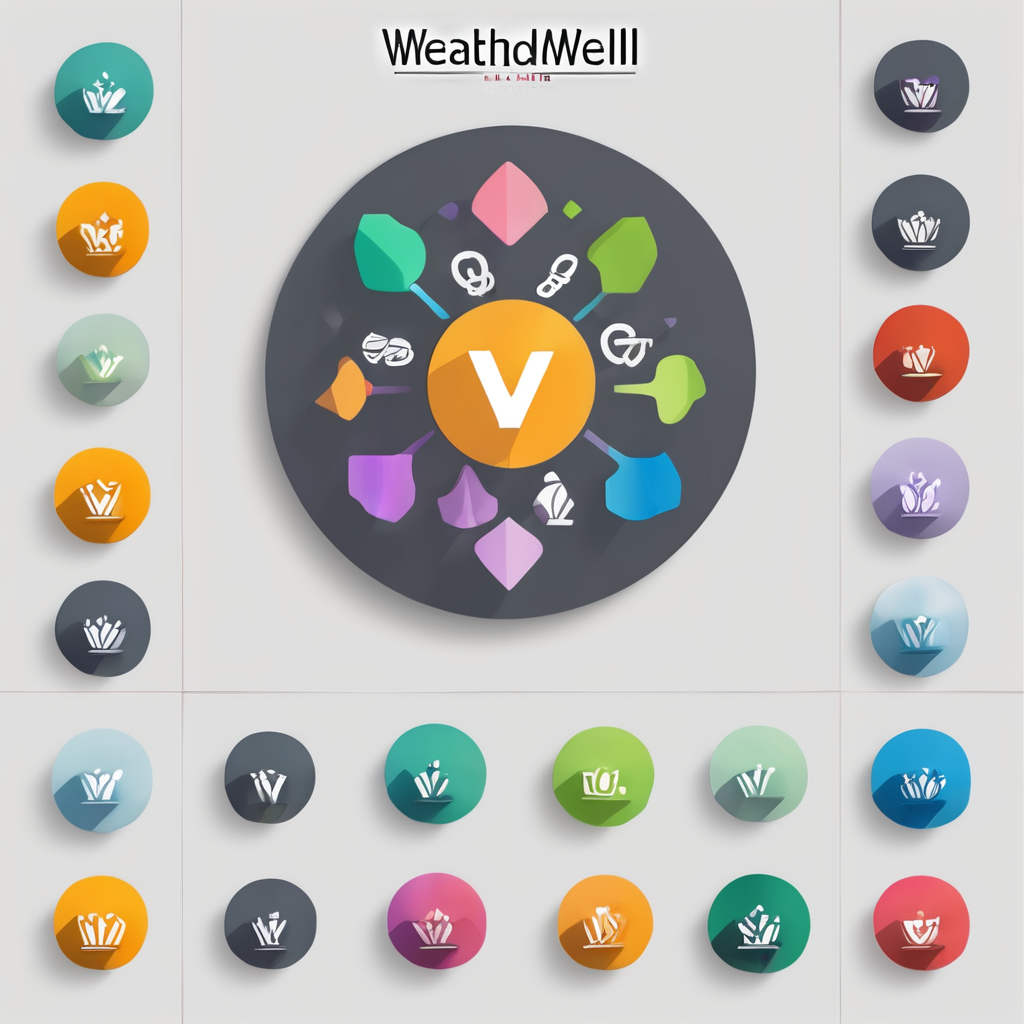In today’s fast-paced digital world, social media has transformed the landscape of real estate marketing, offering unique avenues for reaching potential clients. With nearly 4.5 billion users worldwide, platforms like Facebook and Instagram have become essential tools for real estate agents. Not only do they provide an opportunity to showcase properties, but they also foster engagement with a broad audience. This article delves into the vital role social media plays in modern property marketing strategies, illustrating how it helps to maximize reach, enhance brand visibility, and connect with potential clients.
Harnessing Social Media for Real Estate Marketing
Social media platforms have become indispensable in the world of real estate marketing. They serve as dynamic tools for agents and agencies to promote their listings and build their businesses. By leveraging the power of social media, you can not only showcase properties but also establish a solid brand identity and engage with a wider audience.
Also to discover : How can you assess the potential for property development projects?
Utilizing Platforms Effectively
Each platform offers unique features and caters to different audiences. For instance, Instagram is visual-centric, making it ideal for displaying stunning property photos and virtual tours. Facebook, on the other hand, enables targeted advertisements and community engagement through business pages and groups. LinkedIn can be used to connect with other professionals in the industry and share insightful content.
Crafting Engaging Content
Creating compelling and relevant content is key to capturing the interest of your target audience. This includes sharing high-quality images, video tours, market updates, and informative blog posts. By consistently delivering valuable content, agents can build trust and establish themselves as knowledgeable professionals in the market.
Topic to read : What factors influence the demand for student accommodation in the UK?
Building Relationships with Potential Clients
Social media is not just about posting content; it’s about interaction. Engaging with followers through comments, direct messages, and live sessions allows agents to build relationships with their audience. This personal connection can often lead to potential clients reaching out directly for more information or to schedule a showing.
The Best Practices for Social Media Marketing in Real Estate
To effectively market real estate on social media, it’s crucial to follow certain best practices. These strategies ensure that your efforts translate into tangible results, whether it’s growing your audience or closing sales.
Consistency is Key
Maintain a regular posting schedule to keep your audience engaged and informed. This establishes a reliable presence in their feeds and helps in creating a recognizable brand. Consistency applies not just to the frequency of posts but also to the quality of the content shared.
Use Targeted Advertising
Platforms like Facebook and Instagram allow for precise targeting based on demographics, interests, and behaviors. This means your property listings can be shown to a market of potential buyers or renters, enhancing the chances of engagement and conversion.
Leverage User-Generated Content
Encourage past clients to share their experiences on your social media pages. Testimonials and user-generated content can add authenticity and trustworthiness to your brand.
Engage with Your Audience
Interaction is a two-way street. Respond to comments and messages promptly. Share behind-the-scenes content like property preparation processes to keep the audience intrigued and invested in your journey.
Challenges and Opportunities in Social Media for Real Estate
While social media provides numerous opportunities for real estate marketing, it’s not without its challenges. Understanding these hurdles and how to navigate them can help agents make the most of their social media efforts.
Navigating Algorithm Changes
Platforms frequently update their algorithms, affecting how content is displayed to users. Staying informed about these changes and adapting your strategy accordingly is essential to maintain visibility and reach.
Maintaining Authenticity
With the plethora of information online, audiences crave authenticity. Strive to maintain a genuine presence by sharing real-life stories, honest insights, and creating personal connections with your followers.
Balancing Professionalism and Personality
Finding the right balance between professionalism and personality is key. While it’s important to maintain a professional demeanor, letting your personality shine through your posts can make your brand more relatable and engaging.
Measuring Success
Utilize analytics tools provided by social media platforms to track the performance of your content. Key metrics like engagement rate, reach, and conversion rate provide insights into what’s working and what’s not, helping refine future strategies.
Future Trends in Social Media Real Estate Marketing
As technology evolves, so do the trends in social media marketing. Staying ahead of these shifts can give agents a competitive edge in the property market.
Embracing Video Content
Video remains a powerful tool in capturing attention and conveying extensive information in a digestible format. With platforms prioritizing video content, incorporating short video tours and live Q&A sessions can significantly boost engagement.
Virtual and Augmented Reality
Innovations like virtual and augmented reality are increasingly being utilized in real estate to provide virtual property tours. These tools offer immersive experiences, allowing potential clients to visualize themselves in a space without physical visits.
Personalization and AI
Artificial intelligence can help in creating personalized experiences for users. From chatbots answering queries to curated content based on user behavior, AI can enhance client interactions on social media.
The Rise of Niche Platforms
As mainstream platforms become saturated, niche platforms focusing on specific market segments are emerging. These offer more targeted opportunities for agents to connect with their ideal audience.
Social media has undeniably revolutionized the way the real estate industry engages with its audience. From enhancing visibility to building relationships and driving sales, platforms like Instagram and Facebook are at the forefront of modern property marketing strategies. As this digital landscape continues to evolve, those who adapt and innovate will be best positioned to harness its full potential. Whether you’re an experienced agent or just beginning your journey in real estate, embracing social media is essential for achieving success in today’s competitive market.

